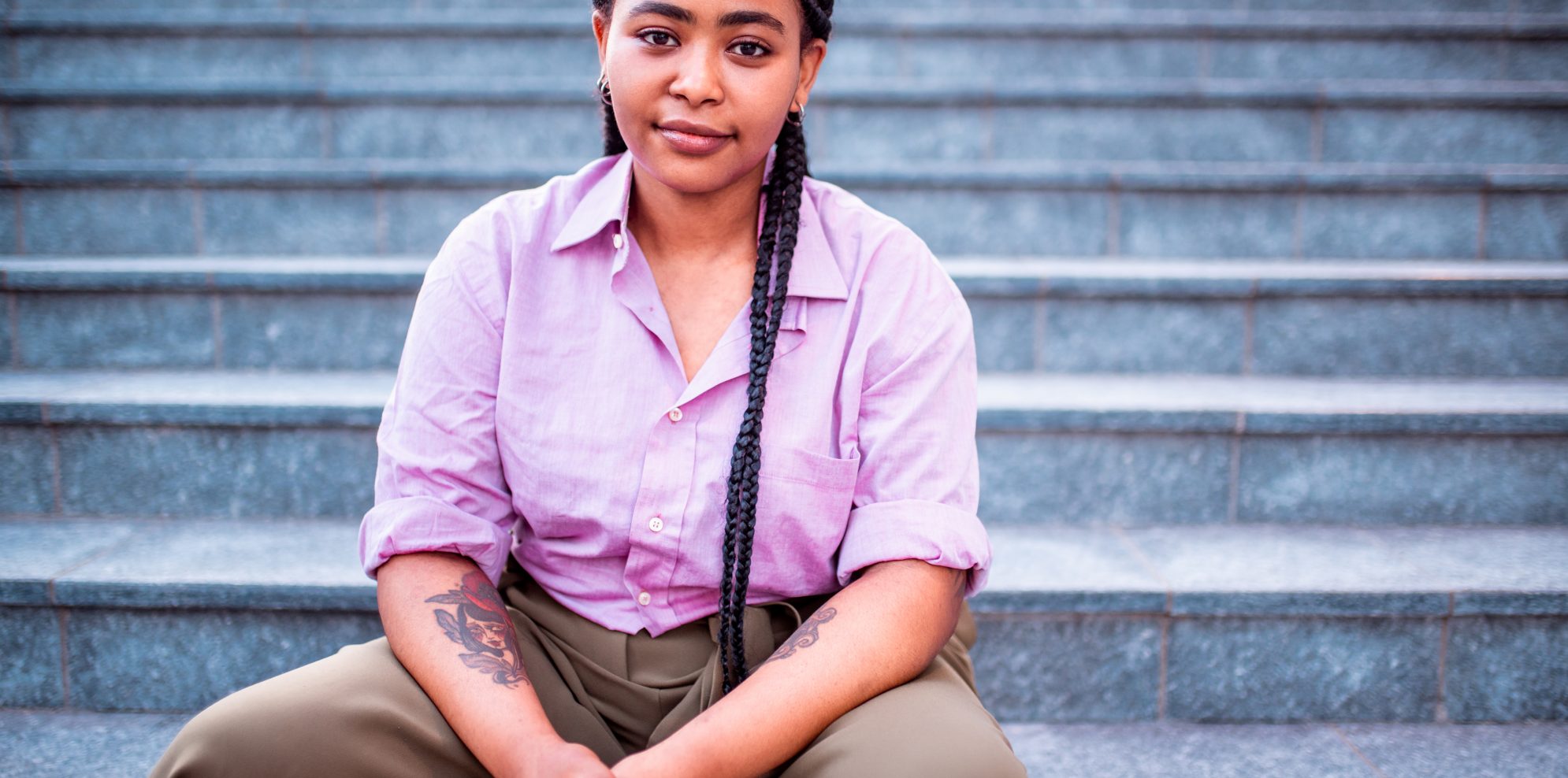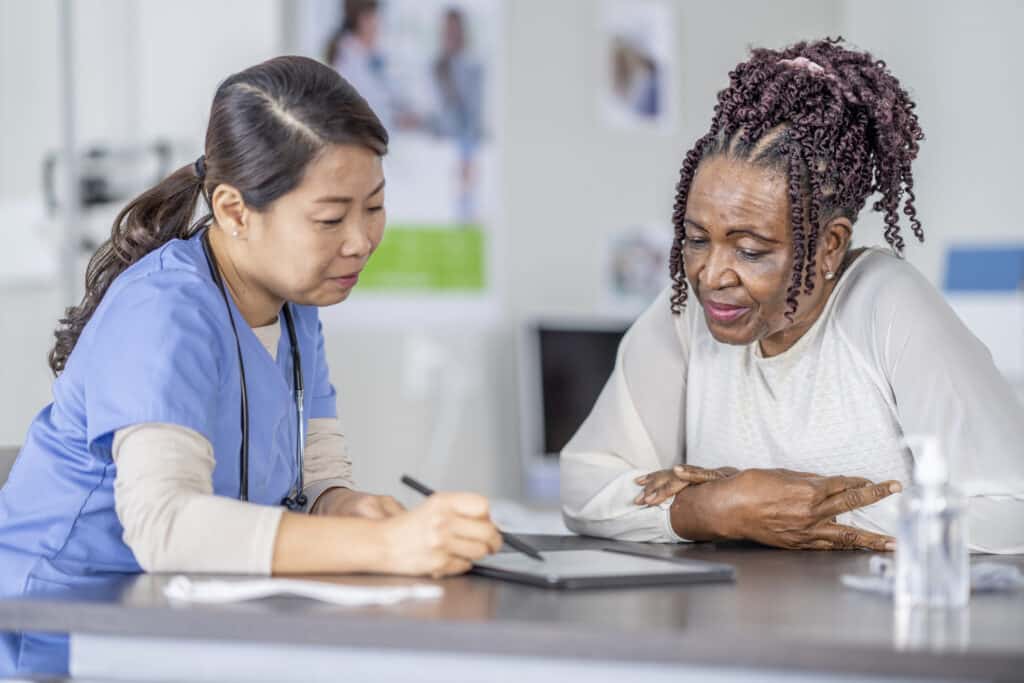Until women and gender diverse people have equitable access to good quality and affordable education, health services, food, clothing, and housing, gender equality will not be achieved. Until women and gender diverse people are not disproportionately poor, gender equality will not be achieved.
Gender discrimination intersects with other forms of oppression so that women living with multiple intersecting grounds of oppression are overwhelmingly poor: 36% of First Nations women (living off reserve); 33% of women who are visible minorities; 33% of women with disabilities; and 20% of women who identify as immigrants.
LEAF works hard to address poverty issues and the ways that discrimination against women serves to make women even more poor. We are exploring the potential of a basic income to address gender inequality from an intersectional lens, and we regularly remind governments that discrimination and gender stereotyping contribute to gender wage gaps. In the courts, LEAF has intervened to argue that housing is a fundamental human right; to advocate for the rights of low-income women on social assistance; to argue for the health care rights of refugee claimants – and much more.

